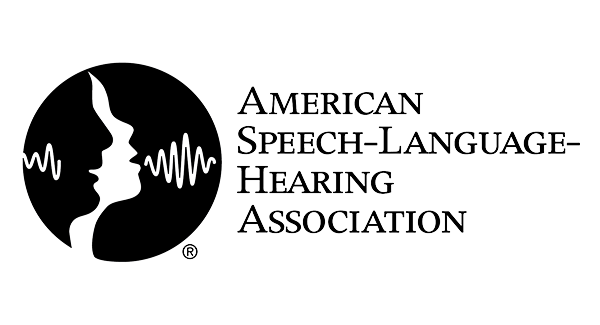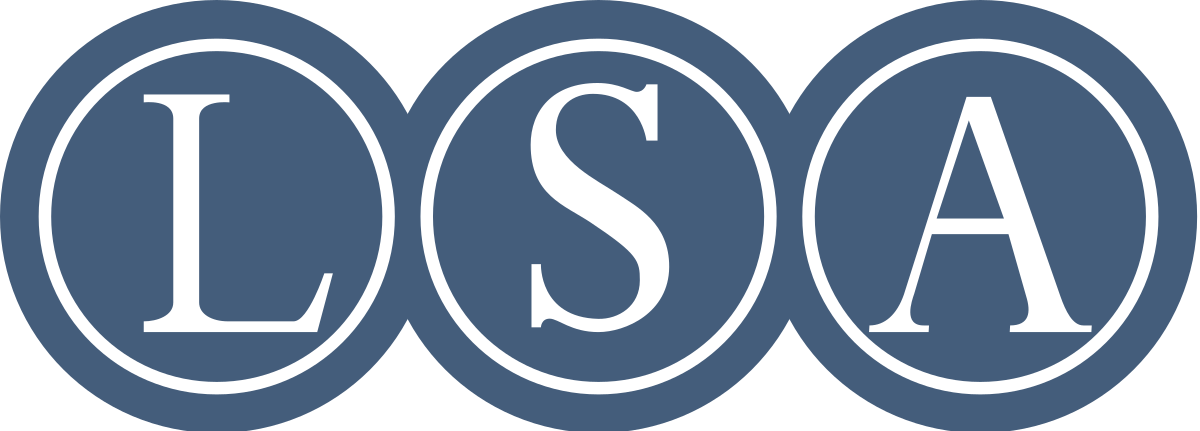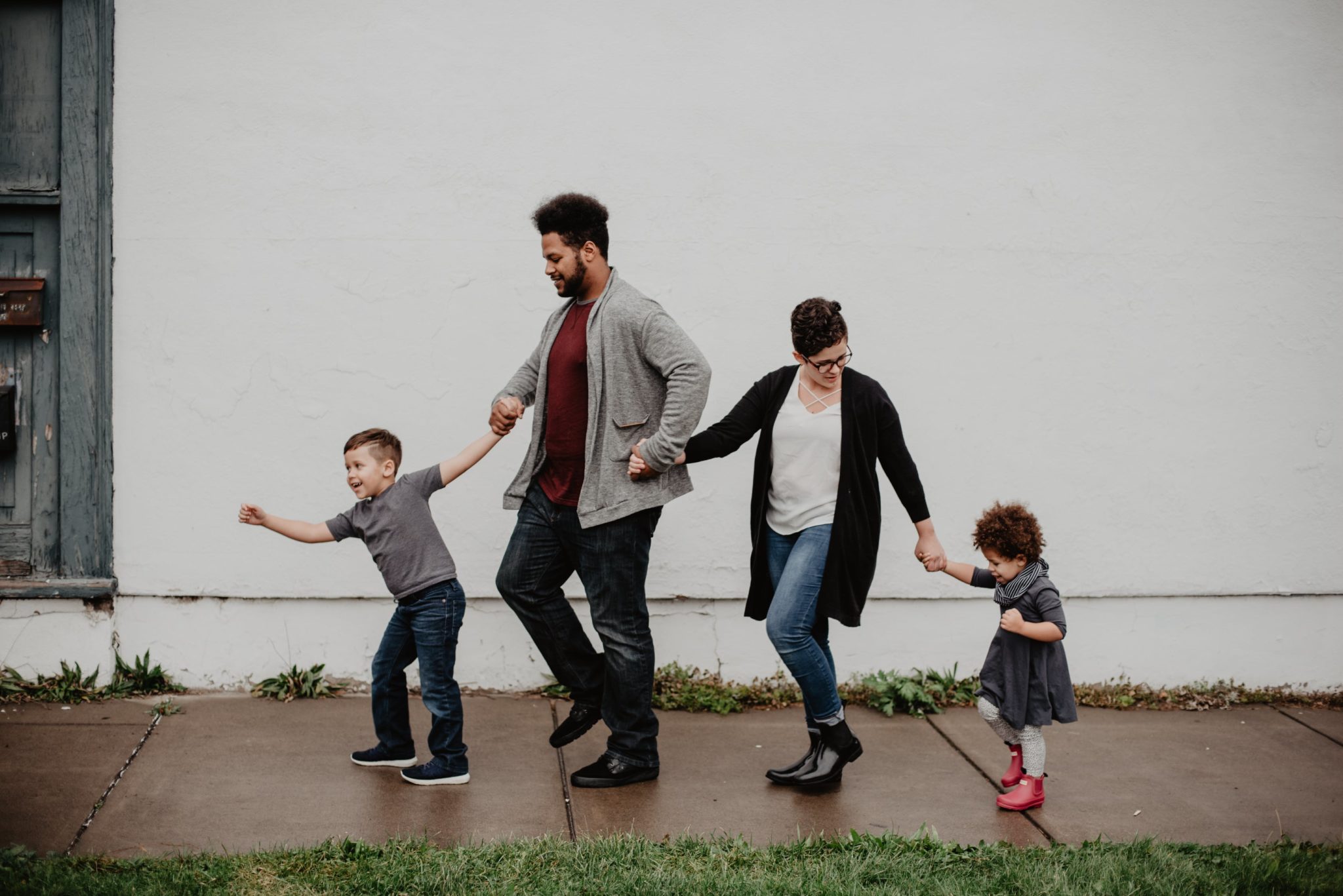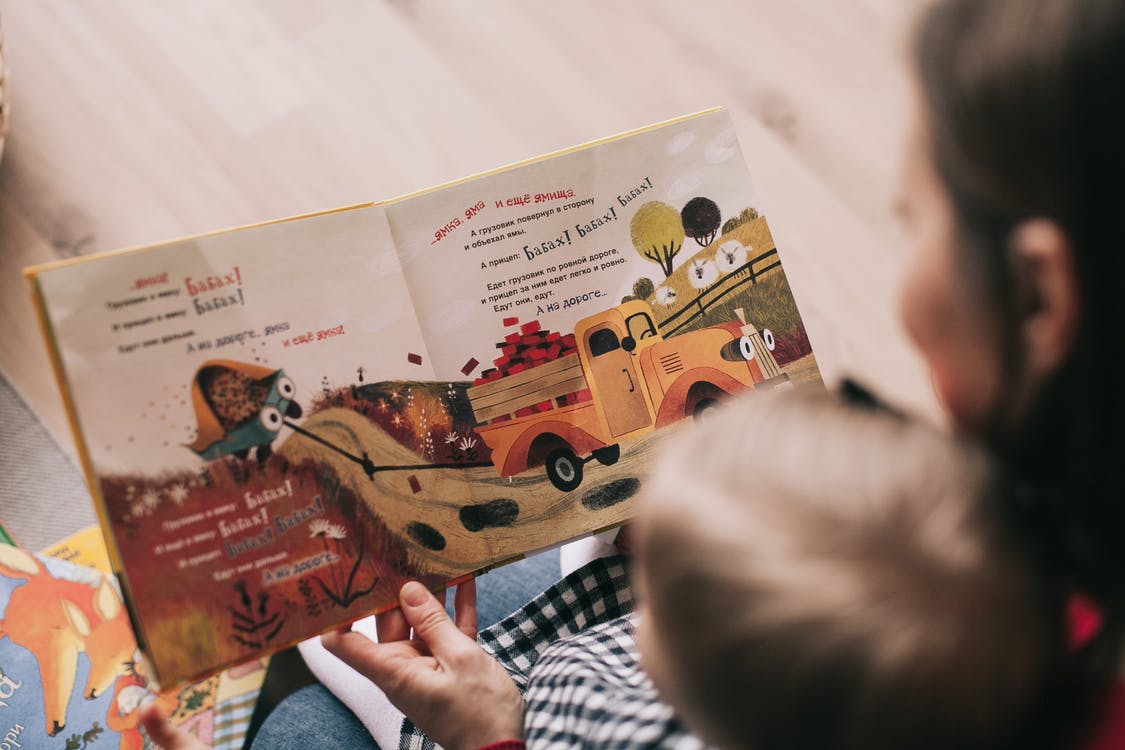Have you ever asked yourself, “How do I teach my child to be bilingual?” or “Will being bilingual cause a speech delay for my child?” This blog post will be able to answer those questions for you! Check it out for information on commonly asked questions about bilingualism.

As defined by the American Speech-Language-Hearing Association, “bilingualism is the ability to communicate in more than one language and can be thought of as a continuum of language skills in which proficiency in any of the languages used may fluctuate over time and across social settings, conversational patterns, and topics, among other variables” (American Speech-Language-Hearing Association).

The fluency in each of the languages can vary greatly between bilingual speakers which makes it difficult to categorize levels of bilingualism. Bilingual acquisition, however, is categorized as simultaneous or sequential.
-
- Simultaneous bilingualism: occurs when two languages are acquired at the same time before age 3
- Sequential bilingualism (also known as successive bilingualism or second language acquisition): occurs when a second language is introduced after the age of 3 (“Bilingual Service Delivery”)

Should I teach my child to be bilingual?
Absolutely! According to the Linguistic Society of America, “there is no evidence to suggest that it’s any harder for a child to acquire two languages than it is for the child to acquire one language… A child doesn’t have to be exceptional or have any special language ability to become bilingual; as long as the child is exposed to two languages throughout early childhood, he or she will acquire them both” (Linguistic Society of America). There are many advantages to bilingual acquisition including enhanced cognitive development and increased job opportunities in the future. In addition, it allows for improved communication and relationships with extended family members who may not speak English. Learning the language of the family’s ethnic heritage may be important for the child’s sense of cultural identity.
Is teaching my child both languages causing their speech or language problem?
No. Research shows that speech and language deficits occur at the same rate in monolingual (single language) and bilingual children. Bilingual children with a speech or language deficit would most likely have had a speech or language deficit if they were raised to speak a single language instead. Teaching a child two languages will not “confuse” them. Bilingual children may codeswitch (changing languages within a phrase or sentence), but overtime they will learn which words belong to which language. If your child knows a word in one language, but not the other, that is not considered a language deficit. When considering language abilities, take both languages into account as a whole.


How do I teach my child to be bilingual?
There are many ways to raise a child bilingually and no way is “better” than another. Some parents will speak both languages with their children. Sometimes one parent will speak English and the other parent will speak the non-English language. Others will only speak the non-English language at home and the child will learn English at school or in the community. The child may be proficient in both languages or be better in one language (the dominant language) than the other. Over time, the dominant language may change depending on how often they use each language. If a child demonstrates a decline in language ability in the non-dominant language due to reduced use, it is called language attrition. Speaking two languages is like any other skill. To do it well, children need lots of practice, which parents can help provide. No matter how you decide to introduce each language, the important thing is that your child has many opportunities to hear and practice each language in everyday situations in order to be proficient in both.


What should I expect when my child is raised bilingually?
Each bilingual child is unique as their proficiency depends on the quality and amount of experience the child has with each language. Here are some basic guidelines:
-
- Most bilingual children will use their first words by one year of age and use two word phrases by two years of age. These are the same developmental milestones as monolingual children.
- Bilingual children may mix grammar rules or codeswitch
- If a second language is introduced later, some children may go through a “silent period” which may last several months. This is normal and should go away on its own.
What should I do if I think my bilingual child has a speech/language delay?
If you have concerns about your child’s speech/language development, discuss it with your child’s pediatrician and ask for a referral for a speech/language evaluation. During the evaluation, the therapist should ask you about speech/language proficiency in both languages. In order to be a true speech/language delay, your child should have deficits in both languages. If not, it is considered to be a second language acquisition issue, which a speech therapist does not treat. Unfortunately, there are not many tools or resources for a speech therapist to test languages other than English. They may use an interpreter or rely on what you report. Here at Emerge, Amy speaks Spanish fluently and can assess and treat your child’s speech/language in both English and Spanish. If your speech therapist can only treat in English, ask your speech therapist for ideas and techniques you can use at home to help improve your child’s speech/language in the non-English language.
What resources are available to foster my child’s bilingual development?
-
- Books: Read to your child in both languages. You may find books in a variety of languages at bookstores, libraries, and online.
- Audiotapes and CDs: Singing can be a fun way to teach a second language to your child.
- Videotapes and DVDs: There are children’s programs in a variety of languages which often teach colors, numbers, letters, and other early vocabulary words.
- Language programs: There may be local language camps or bilingual education programs you can enroll your child in.


Works Cited
American Speech-Language-Hearing Association (n.d.). Bilingual Service Delivery (Practice Portal). Retrieved September 4, 2019 from https://www.asha.org/practice-portal/professional-issues/bilingual-service-delivery/
Linguistic Society of America (n.d.). FAQ: Bilingualism. Retrieved September 4, 2019 from https://www.linguisticsociety.org/resource/faq-what-bilingualism

0 Comments